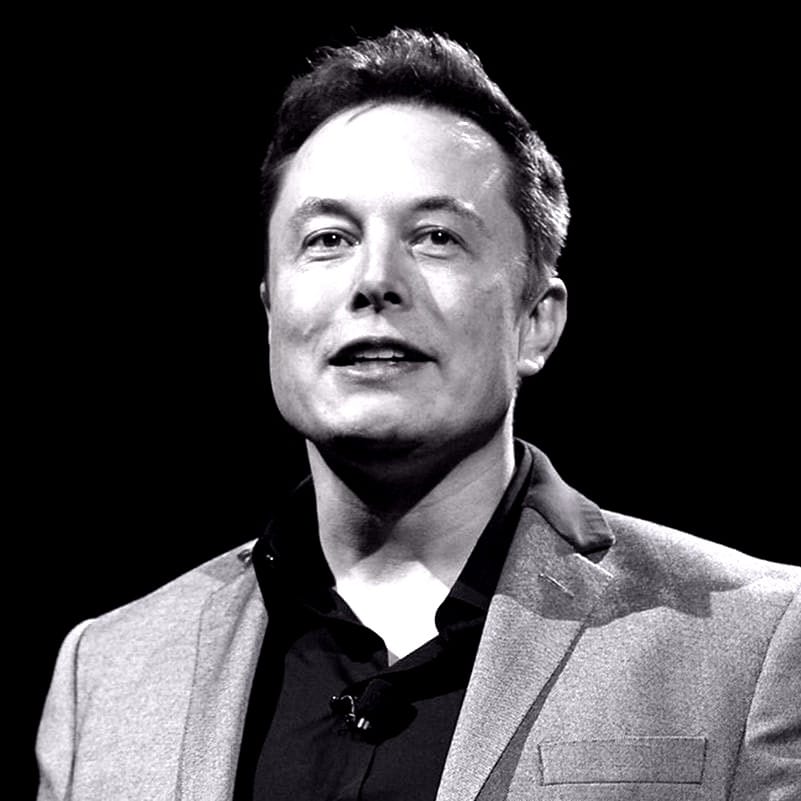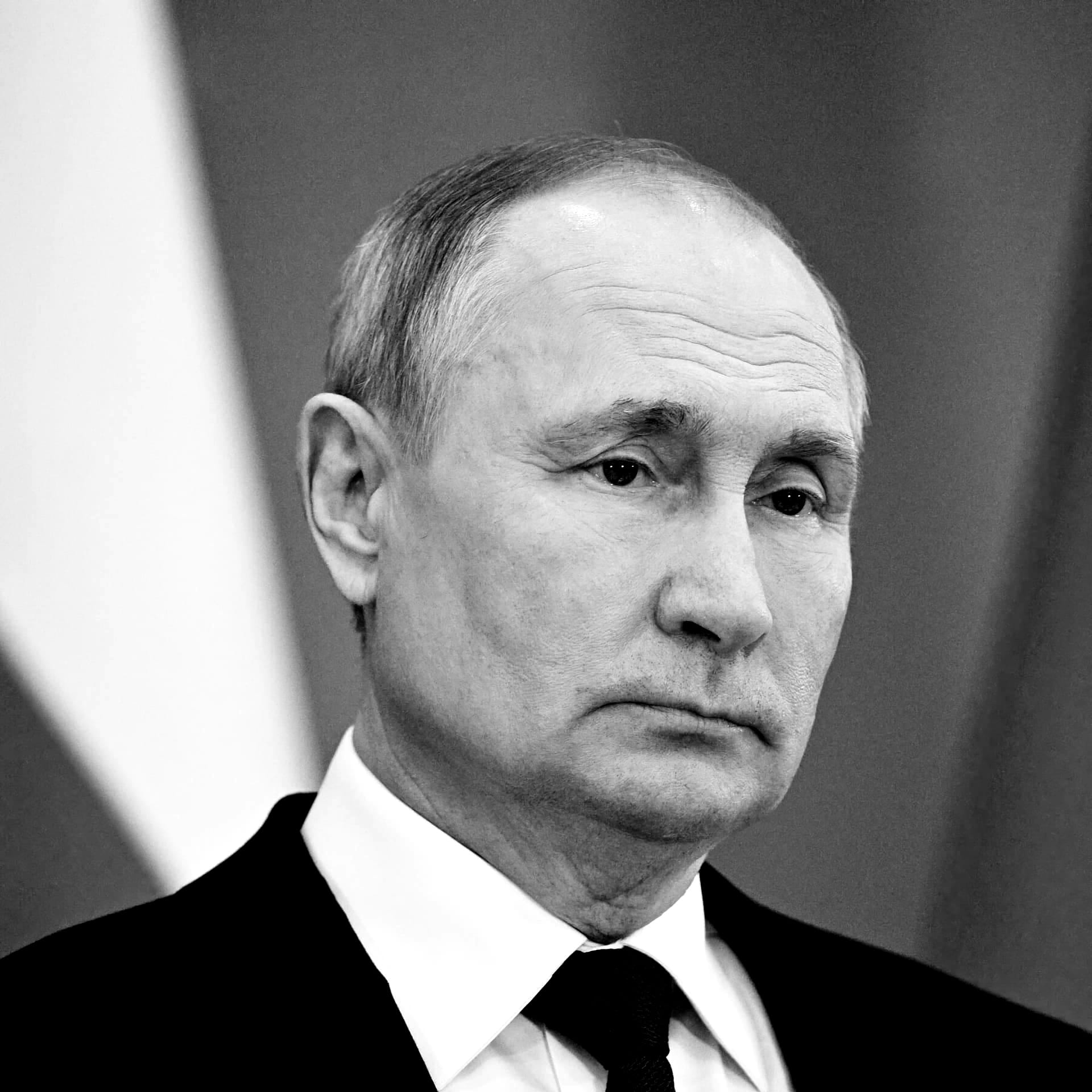Dangerous ideas
The red pill is accepting that the world is heading towards a technocratic state where globalists centrally govern all countries through a multifaceted digital control grid.
The black pill is being defeatist, giving up and becoming a nihilistic, basement-dwelling loser.
The white pill is seeing the world as it really is and doing something with the information you have. It's about winning.
Winning the information war requires dangerous ideas.

















